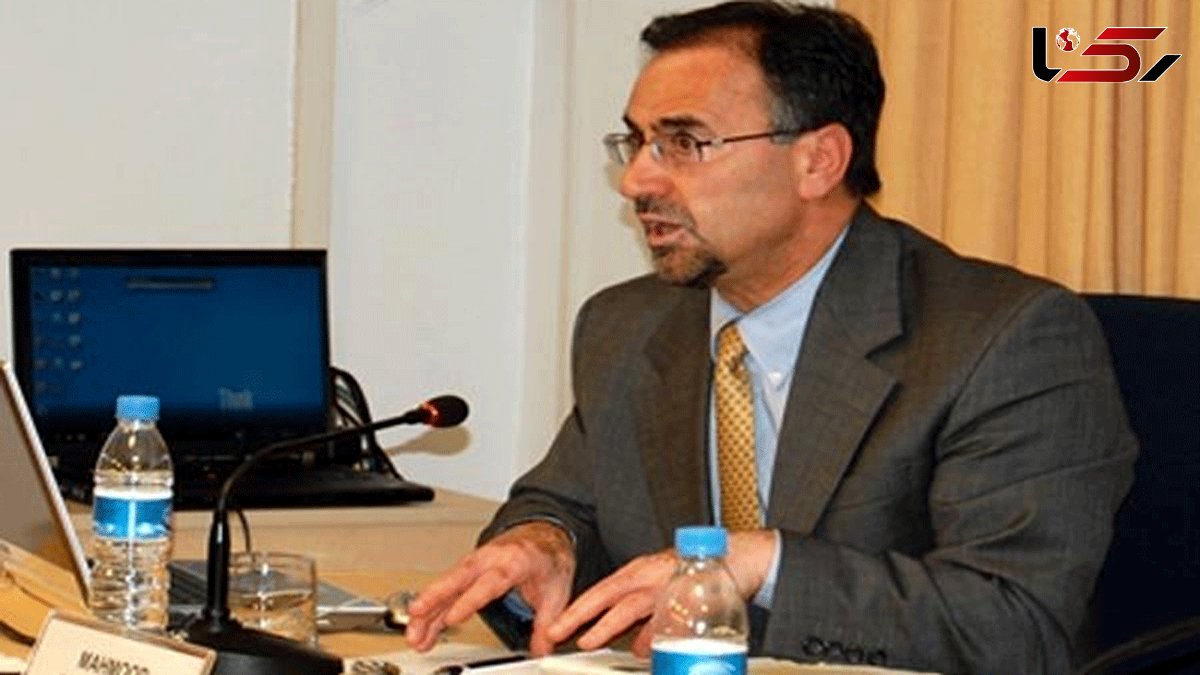Upending Trump’s tumultuous legacy
Rokna: Trump’s legacy and his failed policies, including failure to contain the spread of the COVID-19 pandemic, were on ballot in the recent U.S. presidential election.

The significance of Biden’s victory cannot be emphasized enough both in terms of its domestic and global implications. That said, let us be clear about one larger point: the undoing of the damage done by Trump is no mean feat by any metrics and may take much longer than expected. The irreversible damage to the U.S. standing in the world cannot be undone by Biden’s presidency any time soon, in large part due to the lost trust resulting from the confusion and disorderliness of the Trump administration.
Experts remind us that “It will take decades if not generations to regain the lost trust” (Paul Krugman, The New York Times, November 1, 2020) and that “America under Trump has lost the credibility and legitimacy that were cornerstones of its influence” (Roger Cohen, The New York Times, November 1, 2020).
Lifting the ban on Muslims’ entry into the United States, revising immigration policies, and ending the dehumanizing policies of separating children from their parents at the border appear to be a manageable task in the short term, just as forgoing the obsession with building walls around the country’s southern borders. There are, however, limits to what Biden can do to unravel Trump’s destructive policies that have debilitated U.S. global standing. The populist and protectionist policies advocated by the Trump administration may not be easily reversed to resume the kind of trust and commitment that for seven decades had characterized U.S. foreign policy as the leader of the free world.
Yet, it is possible—and even necessary—to do damage control by going back to the rules-based international order and repair relations with U.S. allies. Well before the United States was overwhelmed by the coronavirus, it was clear that the gradual U.S. retreat from leading the global liberal order was the hallmark of its waning global role. There is little evidence for or optimism in the ability of the United States to take the lead in contemporary global affairs.
These difficulties aside, managing international relations can and should start with respecting and working with the international organizations, such as the World Health Organization, the Paris agreement on climate change, returning to the Iran nuclear deal, and moving back to the Trans-Pacific Partnership (TPP) Agreement that President Obama so painstakingly pursued. There can be no doubt that U.S. competence will likely be disputed and its global influence questioned in the coming years. Domestically, containing the surge of the coronavirus pandemic is the appropriate place to start.
Some experts, such as Paul Wiseman (US News, October 27, 2020), remind us that tensions between the world’s two biggest economies—China and the United States) which have intensified since Trump blamed Beijing for unleashing the “China virus," will likely linger in the post-Trump era. Regardless, Biden may choose to prioritize ratchetting down the rhetoric of a trade war with China while also seeking mutually beneficial transactions over any other foreign policy issues. Rethinking relations with Beijing is likely to present a monumental challenge to the Biden administration, one that requires adopting a new approach.
The threat and intimidation of using sanction policies against those countries that pursue foreign policies different from—if not hostile to—the United States deserves serious consideration. Four years of losing credibility and the retrenchment of international obligations under the Trump administration have undermined U.S. global reputation. To undo the damage inflicted may not be easy given a Republican-controlled Senate, but this should not dissuade the Biden administration from trying.
Mahmood Monshipouri, PhD, is professor of international relations at San Francisco State University and lecturer at the University of California, Berkeley.
source: tehrantimes

Send Comments